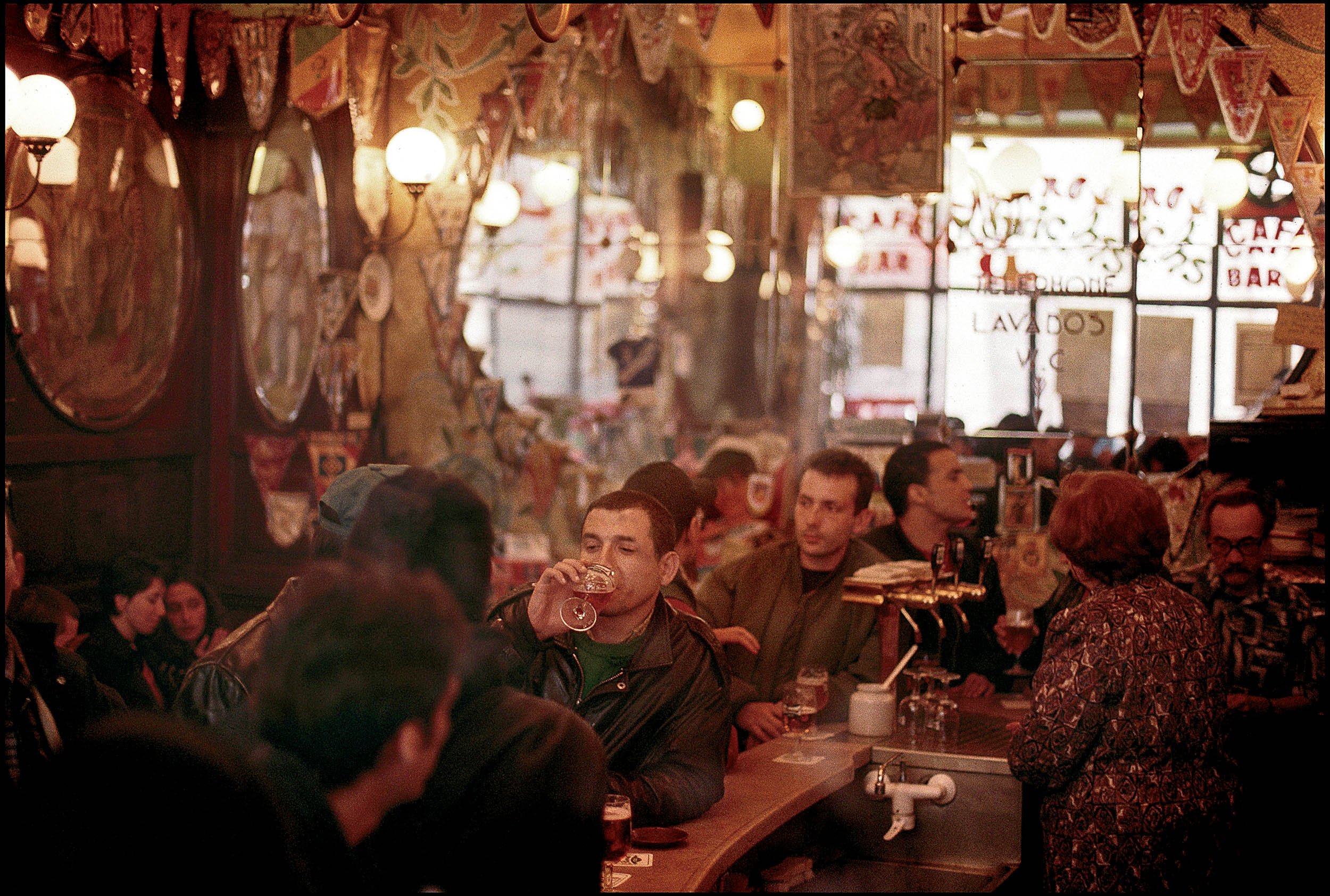Welcome Guest to My Way Out Forums.
If this is your first visit, be sure to check out the FAQ by clicking the link above. You will have to Register before you can post and enjoy the full benefits membership offers. Click the register link to proceed. To start viewing messages, select the forum that you want to visit from the selection below.
As a Guest or Member who is not logged in you will also not be able to view any of the members profile information, or the search facility.
If you are already registered and are having difficulties logging In please, clear any existing cookies for the site in your browser, Reset your password and try again.
If this does not work contact us using the email address below or the contact us button at the bottom of the page.
PLEASE DO NOT RE-REGISTER WITH A DIFFERENT USERNAME AS THIS COULD CAUSE YOUR ACCOUNTS TO BE LOCKED.
If you are still having issues email the Administrators at;
mywayout.org@gmail.com



Comment